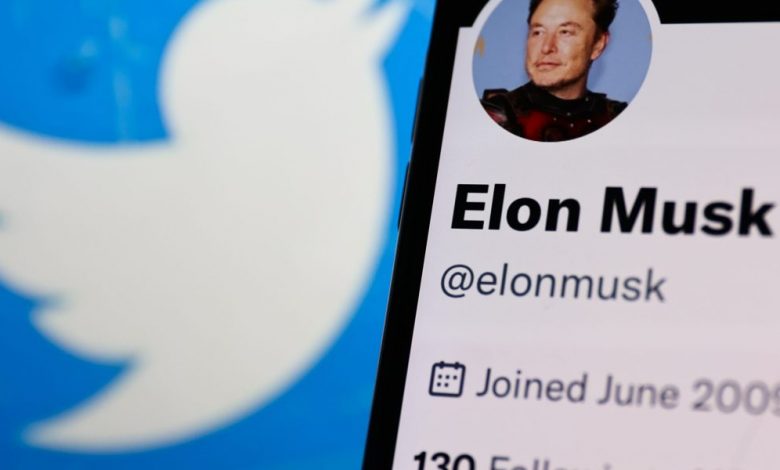Disabled Twitter workers are suing the company for discrimination over Elon Musk’s “hardcore” labor policies

Elon Musk’s Twitter is being sued by disabled workers who say his recent demand for “hardcore” work forced them to quit.
The billionaire Twitter owner has laid off at least half of the company’s 7,500 employees since buying the company in late October. In an ultimatum to the remaining employees this week, Musk said those who wanted to stay would have to commit to “being extremely persistent” and “working long hours at high intensity.” Those who have not answered “yes” by 5:00 p.m. ET on Thursday, November 17 would be fired with a three-month severance package.
The response to this boost of motivation was anything but overwhelmingly positive. A majority of the workforce reportedly didn’t respond to the email that Twitter had closed offices until Monday as it was determined who would still have access to the company’s facilities. But coping with a new wave of voluntary employee resignations isn’t the only obstacle Musk will face in his downsizing.
A class-action lawsuit was filed in San Francisco federal court on Wednesday on behalf of chief technology officer Dmitry Borodaenko, a cancer survivor who asked to work remotely because he was at greater risk of contracting COVID-19.
Borodaenko was fired from the company earlier this month after working at Twitter since June 2021 because the lawsuit says he wanted to work from home, and has accused the company of violating state and federal discrimination laws.
Forced to resign
Musk appeared to soften his tone on remote work Thursday afternoon by sending a follow-up email to employees, adding that all he’s asking of them is an “excellent contribution,” adding that employees should have face-to-face meetings with their colleagues at least once a month.
However, the lawsuit alleged that “many disabled employees who would, and would continue to, perform their jobs effectively felt that because of their disability they would not be able to meet this new increased standard of performance and productivity … Many disabled employees felt compelled to resign,” the lawsuit says.
The lawsuit added that Musk’s requirements and overwork culture “does not allow employees who need reasonable accommodation for their disabilities.”
The lawsuit added that the sheer number of layoffs put massive pressure on remaining employees. The number of people Borodaenko was responsible for as manager increased from 10 to 16, while employees were told to work “24/7”.
Borodaenko’s attorney, Shannon Liss-Riordan, has filed other lawsuits against Twitter on behalf of former employees, including complaints about not receiving severance pay and not being notified of job cuts.
Our new weekly Impact Report newsletter will examine how ESG news and trends are shaping the roles and responsibilities of today’s leaders – and how best to address these challenges. Subscribe here.



